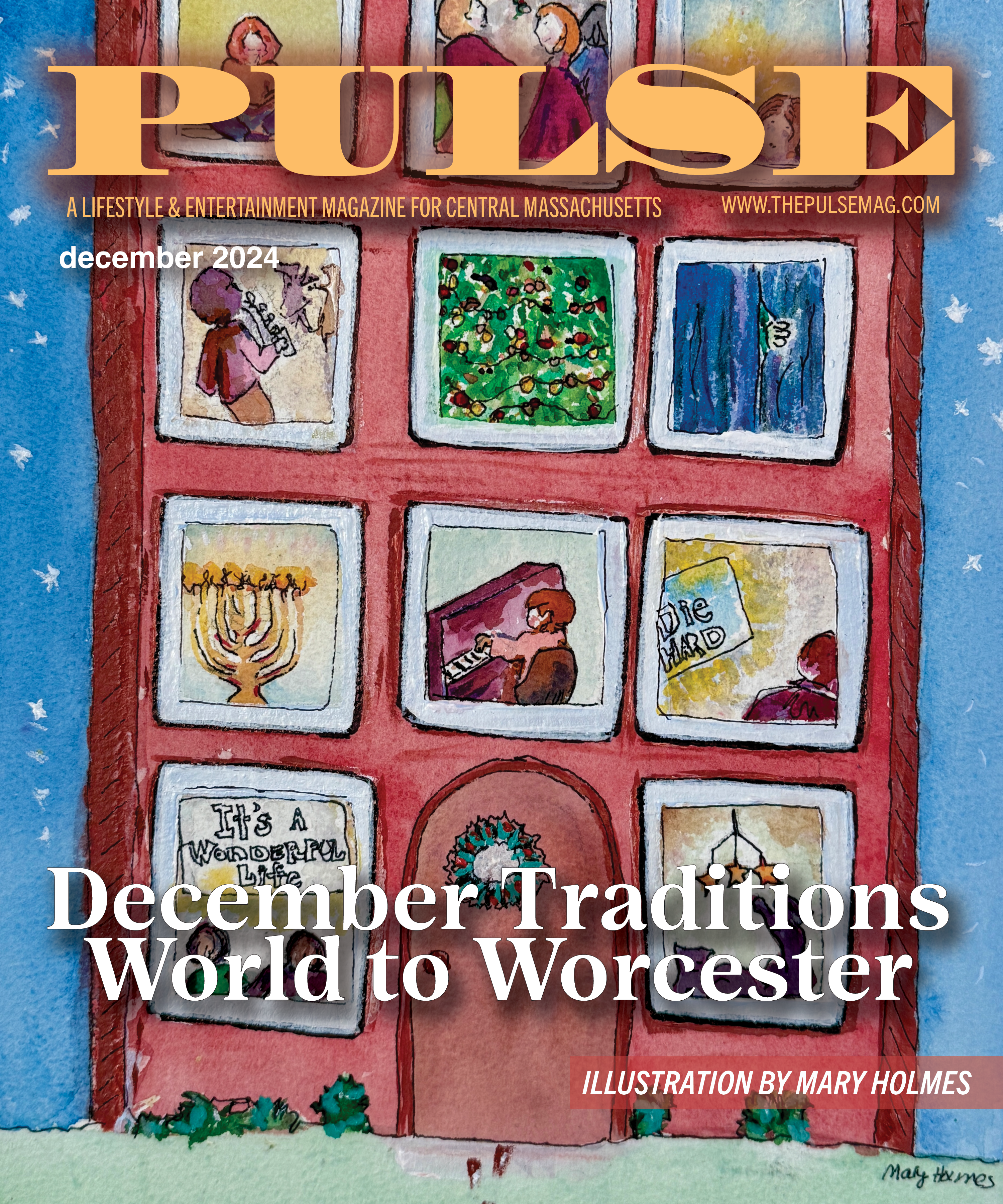
Kimberly Dunbar
I once read somewhere that, every so often, it is a good thing for adults to pick up a children’s book or revisit a childhood favorite as a respite from their busy adult lives. Why? Well, children’s books often tackle tough issues in a basic way (designed to help young readers grasp complex situations) and offer lessons for readers of all ages. Therefore, when Vester Stamper’s What the Night Sings (Knopf Books for Young Readers) landed in my mailbox, I decided to put the theory into practice. In this novel, which takes place in the aftermath of the Holocaust, Stamper tells the story of Gerta, a 16-year-old girl living in a displaced persons camp after being liberated from a Nazi concentration camp, where she was imprisoned for two years. The lone survivor of her family, Gerta must figure out who she is and what her future looks like after everything she has ever known has been stripped away — including her voice. Once a budding opera star, Gerta cannot access her voice and no longer finds joy in music, figuring it as just one more thing she lost in the war. While living in the camp, Gerta befriends a fellow survivor, Lev, who also lost his family in the Holocaust. Together, they attempt to come to terms with their pasts, presents and futures. Both the story and the illustrations that fill the book are beautiful and pack an emotional punch. While the writing is simple, the topic is anything but, making What the Night Sings one of those books for young readers that’s also a must-read for adults. The lessons of keeping the faith in hopeless situations, and having the courage to go on when you have lost everything, is ageless.
Shifting back to adult fiction, Abbi Waxman’s new novel Other People’s Houses (Berkley) also offers an important lesson: People’s lives are not as perfect as they seem. Frances Bloom is the all-star mom of the neighborhood, running the school carpool and helping everyone whenever and wherever she is needed. Though she tries her best, Frances is often privy to the inner workings of the other four families on her street — she knows her cousin secretly wants a baby and Bill’s wife no longer lives at home. One fateful morning, Frances walks in on Anne Porter engaged in an extramarital affair. When Anne’s indiscretions go public, the neighborhood is rattled as the not-so-perfect parts of four families are revealed, with Frances — and her own imperfections — stuck right in the middle and threatening her marriage. Through Frances, Anne and the rest of the gang, Waxman is able to once again create relatable characters in moral dilemmas that leave the reader thinking, “That could be me.” In an added bonus, fans of Waxman’s first book, The Garden of Small Beginnings, are reunited with its leading lady Lilian Girvan, as she is one of Frances’s friends. This fun fact left this reader wondering whether Waxman would continue the stories of these new characters in her future books.





